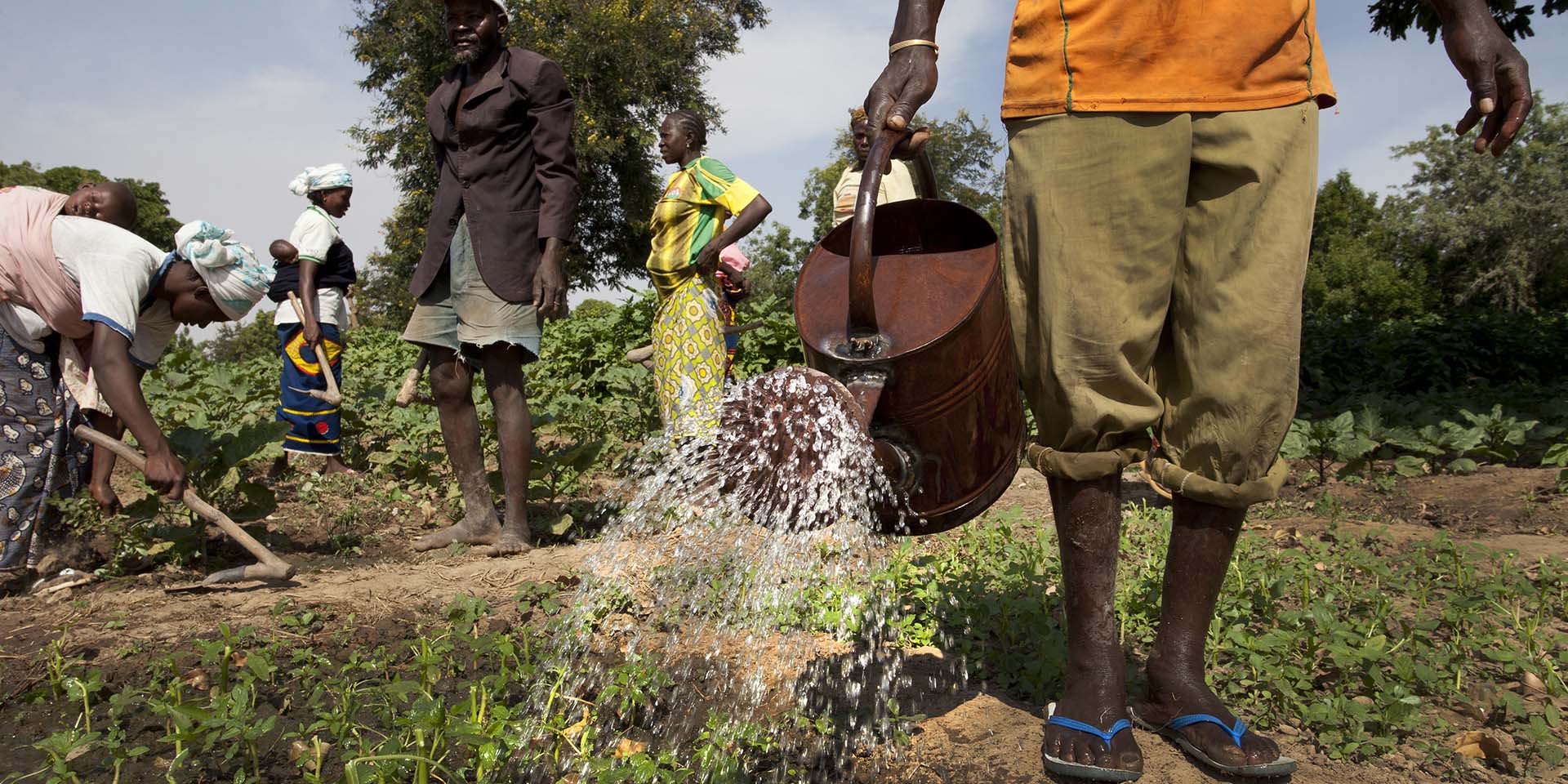To address this issue and improve their trade balances, these countries have decided to support livestock farmers by enhancing fodder cultivation.
This initiative is part of the second phase of the Regional Sahel Pastoralism Support Project (PRAPS-2).
PRAPS-2 encompasses six Sahelian countries: Senegal, Burkina Faso, Mali, Mauritania, Niger, and Chad.
Experts convened in Dakar to launch the fifth technical meeting for the project’s second phase, which aims to strengthen the resilience of livestock farmers and agriculturists against the adverse effects of climate change.
The project, which receives technical and financial support from the World Bank amounting to 517 billion CFA francs, also benefits from the scientific backing of the Center for International Cooperation in Agricultural Research for Development (CIRAD) and the Institute for Research and Application of Development Methods (IRAM).
Given its critical role in community resilience, the livestock sector is receiving considerable attention.
From July 2 to 4, researchers, technical and financial partners, producers, and practitioners from the six involved countries will assess pastoralism challenges and explore solutions to enhance efficiency and benefits for livestock farmers.
Discussions will focus on rehabilitating pastoral routes in the Sahel, a priority highlighted by Dr. Maboa Diagne, Minister of Agriculture, Food Sovereignty, and Livestock.
“It is our duty to feed the population and ensure food sovereignty within a framework of circular economy and sustainable development, with full respect for the environment,” he stated.
Dr. Diagne also emphasized the importance of the project and the rehabilitation of grazing paths for these nations, addressing the coexistence between livestock farmers and agriculturists to maintain social peace.
Dr. Edwige Yaro Boutoni, the regional coordinator of PRAPS-2, underscored the initiative’s benefits for farmers and livestock breeders.
The project will focus on approaches that combine securing pastoral lands and promoting the regeneration of pasture plants, actively involving breeders in these interventions.
Building on the positive outcomes of the first phase, PRAPS-2 aims to increase sustainably managed land from 6,598,000 hectares in 2021 to 13,738,000 hectares by the end of the second phase in 2027.
This phase, which began in 2022, spans six years and continues to include the same six countries.




